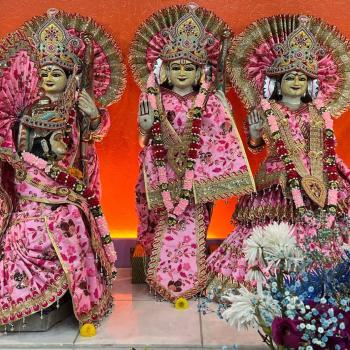In an excellent article a couple years ago titled “The Moral Instinct,” Harvard professor Stephen Pinker (best known for his work on the evolution of language) argues that we all make moral choices instinctively, then look for some principle to justify the decisions we make. The practical point of Pinker’s hypothesis is that those who do things we find objectionable rarely think they’re doing anything wrong, so attempting to shame them into changing rarely does any good.
Here’s a recent example. The Journal of Consumer Research from the University of Chicago studied Hummer owners. Access to the full study requires subscription, but a press release summarizes the findings: “Hummer drivers believe they are defending America’s frontier lifestyle against anti-American critics.”
And “The moralistic critique of their consumption choices readily inspired Hummer owners to adopt the role of the moral protagonist who defends American national ideals.”
It matters what we believe – we are driven by our myths, even if those myths no longer reflect reality. If you want to change people’s behavior, you must change their foundational myths.
This is one of the reasons why Paganism is a growing religion, and why the spread of Paganism is such a good thing. Our myths of gender equality, the interconnectedness of all things, and the sacredness of the Earth not only speak to our individual needs, they speak to the real needs of people in our time.















